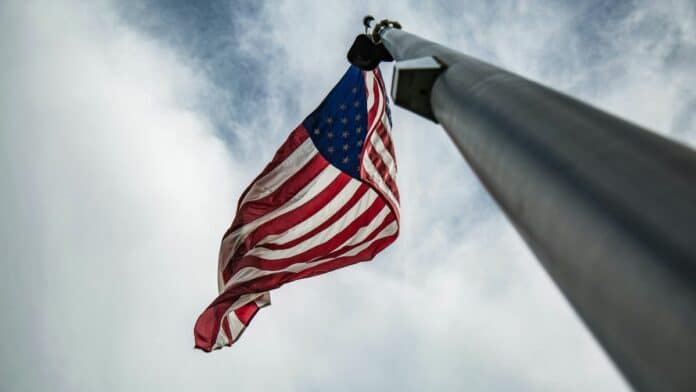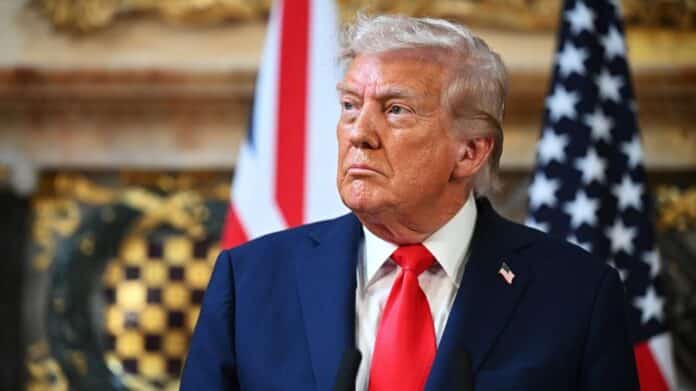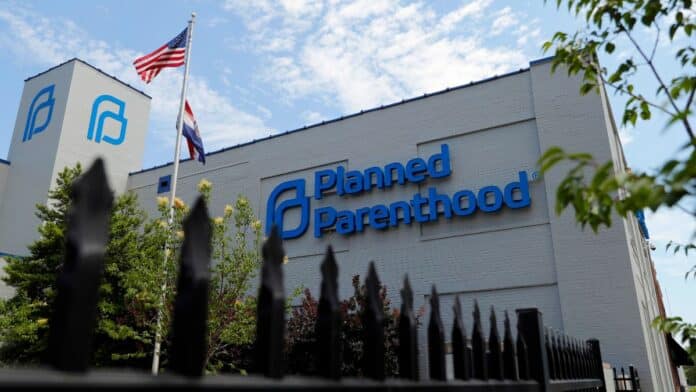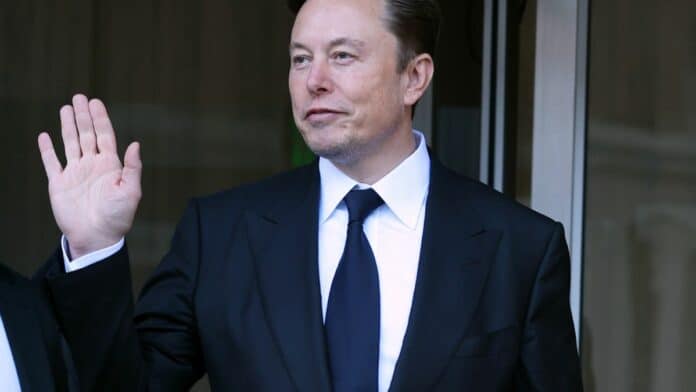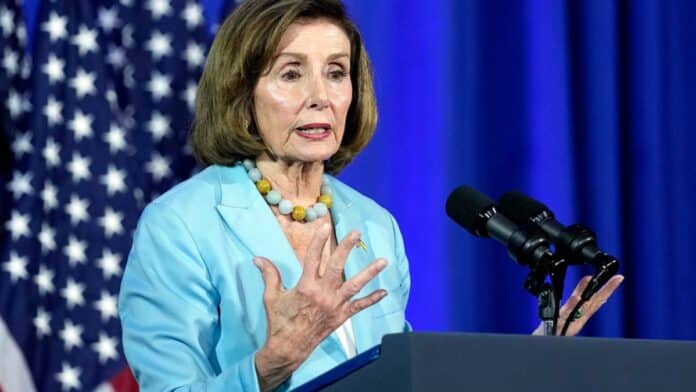President Donald Trump ended all trade talks with Canada after revelations that Ontario’s government used the late president Ronald Reagan’s voice in a deceptive commercial criticizing U.S. tariffs — igniting a Reagan ad scandal.
“The Ronald Reagan Foundation has just announced that Canada has fraudulently used an advertisement, which is FAKE, featuring Ronald Reagan speaking negatively about Tariffs,” Trump wrote Thursday night on Truth Social. Calling the move an effort “to interfere with the decision of the U.S. Supreme Court, and other courts,” Trump declared, “ALL TRADE NEGOTIATIONS WITH CANADA ARE HEREBY TERMINATED.”
The $75 million campaign, launched by Ontario Premier Doug Ford, aired Reagan’s 1987 remarks about free trade to oppose Trump’s 35% tariff on most Canadian goods. “Using every tool we have, we’ll never stop making the case against American tariffs on Canada,” Ford said of the ad, which ran across U.S. networks including Fox News, Newsmax, and NBC.
But the Ronald Reagan Presidential Foundation condemned the use of the footage. The ad campaign uses “selective audio and video of President Ronald Reagan delivering his ‘Radio Address to the Nation on Free and Fair Trade,’ dated April 25, 1987,” the foundation said. It “misrepresents the Presidential Radio Address, and the Government of Ontario did not seek nor receive permission to use and edit the remarks.”
The foundation added that it is “reviewing its legal options.” Trump defended his tariffs as “VERY IMPORTANT TO THE NATIONAL SECURITY, AND ECONOMY, OF THE U.S.A.”
The Reagan ad scandal has further strained U.S.-Canada relations as the Supreme Court prepares to hear arguments on Trump’s tariff authority next month.



